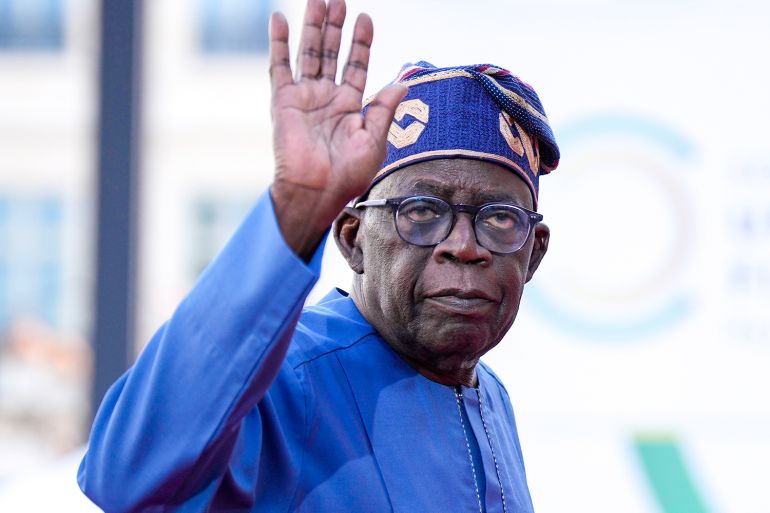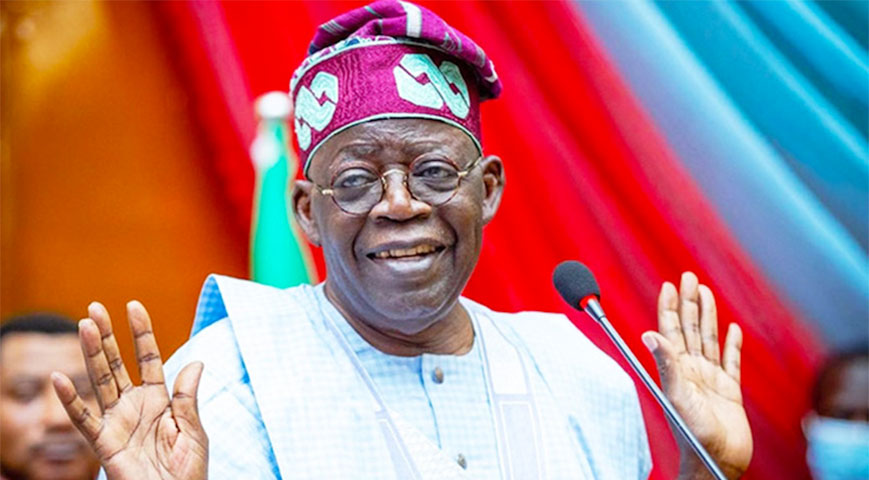Nigerian President Bola Tinubu has changed his 45-member cabinet, introducing seven new ministers, dismissing five, and reassigning 10 to different roles.
Key ministers have kept their positions, including those overseeing finance, defense, national planning, and two junior energy portfolios.

As part of the reshuffle, the Ministry of Niger Delta Development has been renamed the Ministry of Regional Development, the Ministry of Sports has been dissolved, and the ministries of tourism, arts, and culture have been merged.
Did you read this?
Tinubu's rapid reform agenda, initiated soon after he assumed office last year, initially inspired optimism that his leadership could address the economic challenges facing Nigeria, Africa's largest oil producer.
However, 16 months into his term, the main components of his economic reforms — such as devaluing the naira and cutting fuel and electricity subsidies — have driven inflation to 32.7%, intensifying a cost-of-living crisis.
Presidential spokesperson Bayo Onanuga announced that new ministers have been appointed to manage portfolios in humanitarian and poverty reduction, trade and investment, labor, and livestock development, along with junior ministers for foreign affairs, education, and housing.

As part of the overhaul, the ministers responsible for education, tourism, women’s affairs, youth development, and a junior housing minister were dismissed.
Despite criticism and calls for reducing government bureaucracy and cutting costs, Tinubu’s cabinet is more significant than his predecessor, Muhammadu Buhari, who had 43 ministers in his second term. Nigerian law requires each country’s 36 states to be represented in the cabinet.
Tinubu has yet to appoint a lead petroleum minister, though two junior ministers oversee the sector.









